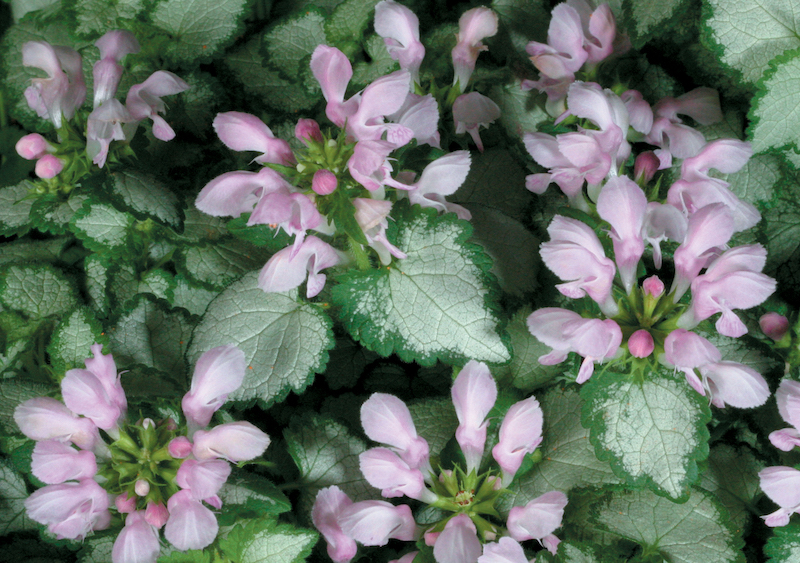Fertilizer provides balanced nutrition for plants and can be helpful for perennial plants. Plants will use up the nutrients in the soil with time, and a plant that is left in place for years benefits from fertilizer. While Dead Nettle is not a heavy feeder, a few well-timed applications of plant food will help the plant push out long, lush stems covered in lovely foliage and flowers. New plants do best when the soil is amended with organic content, and established plants do well with fertilizer.

How to Fertilize Dead Nettle
Dead Nettle does not need rich soil, but mixing in organic matter when planting will help the plant thrive. This leafy groundcover does best in acidic soil, so test the soil to determine the pH. You can also amend it with compost or sulfur to lower the pH. Always water Dead Nettle when applying fertilizer so the roots can better absorb the nutrition and the plant food will not damage the roots.
Best Time To Fertilize Dead Nettle
Fertilize Dead Nettle in the spring and midsummer. This perennial does not need much support, and two fertilizer applications per year are enough to help this plant thrive. Do not fertilize Dead Nettle during the second half of the growing season as the plant prepares for dormancy.
Best Fertilizer For Dead Nettle
Feed Dead Nettle using a 10-10-10 or 20-20-20 NPK fertilizer. The numbers should be the same or balanced to provide consistent support for the roots, foliage, and flowers. Using a fertilizer that is not balanced may encourage more leaf growth at the expense of flowers or vice versa. Balanced plant food is best for Dead Nettle because it supports development of all plant parts.
Water-soluble fertilizers are a great option and can easily be applied when watering Dead Nettle. The fertilizer dissolves in the water, reducing the risk of fertilizer burn, which can damage the plant and cause more harm than good.
Dead Nettle Fertilizing Tips
- Amend the soil with organic compost or manure when planting Dead Nettle
- Feed the plant in the spring and mid-summer
- Use a balanced, water-soluble fertilizer.
Warnings
-Always wear protective gloves and a face mask when handling chemical fertilizers.
-Closely follow all directions and storage guidelines that are on the fertilizer label.
 |
Author Alison Cotsonas - Published 05-16-2023 |
